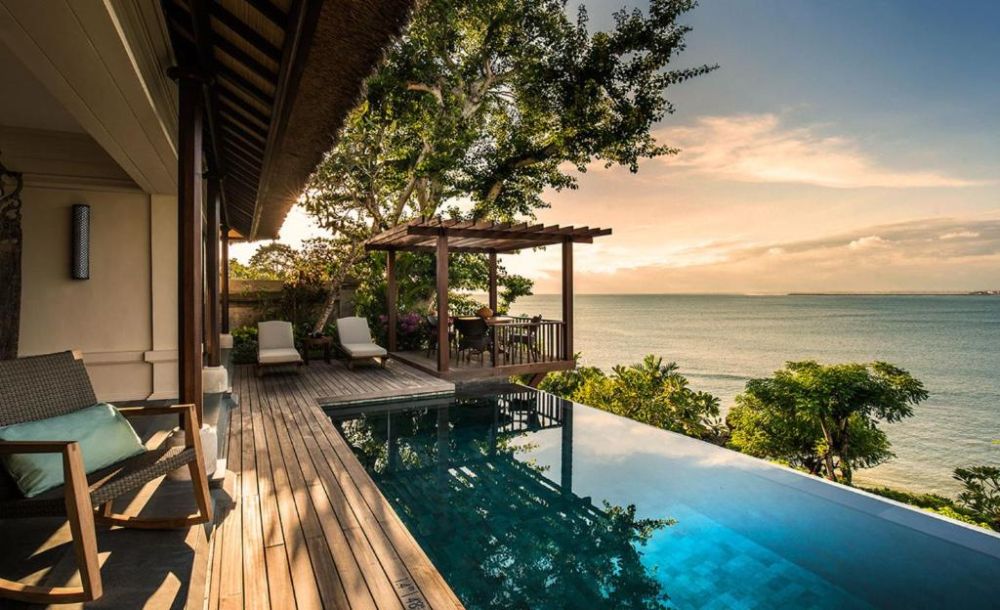

The enchanting Jimbaran Bay, located on the southwestern coast of the tropical island of Bali, Indonesia, is known for its serene beaches, mesmerizing sunsets, and exquisite seafood dining experiences. Its journey from a sleepy fishing village to a luxurious tourist hot spot is a testimony to Bali's growth as a world-renowned travel destination.
The history of tourism in Jimbaran Bay can be traced back to the 1980s when Bali first started to gain popularity as an exotic holiday locale. Initially, the bay was a quiet and unassuming fishing village, with a local community deeply rooted in traditional fishing practices. The pristine white sand beach and clear, calm waters were vastly undisturbed, making them a hidden gem among the island’s coastline.
It wasn't long before the intrinsic beauty of Jimbaran Bay caught the eye of developers. The 1990s marked a significant turning point as luxury hotels and resorts began to emerge along the coastline. These developments were designed to cater to the desires of tourists looking for upscale accommodations and services without compromising the bay's natural charm. The introduction of the Four Seasons Resort at Jimbaran Bay in 1993 was a notable milestone in the area's tourism history, setting high standards for future developments and putting Jimbaran Bay on the map as a premier luxury destination.
One of the unique attractions that have played a pivotal role in Jimbaran's tourism is the renowned beachside seafood dining experience. Local fishermen's daily catches are served fresh at a line of restaurants directly on the sand, known locally as "warungs." This has become a signature experience for visitors, with the fresh-grilled seafood and stunning sunset views forming an iconic part of the Jimbaran experience.
As global travel trends have evolved, so has the tourism in Jimbaran Bay. There is a growing emphasis on sustainability and preserving the cultural heritage of the area. Eco-friendly practices are being adopted by resorts and businesses to ensure the environmental impact is minimized. Tourists are increasingly seeking authentic experiences, and Jimbaran Bay's offerings, such as the traditional fish market and the cultural Kecak fire dance performances at the nearby Uluwatu Temple, have become highly popular.
Today, Jimbaran Bay is a harmonious blend of luxury and local culture. It continues to attract visitors from around the world, drawn by its reputation for hospitality, relaxation, and beauty. With its evolution into a sophisticated resort location while maintaining its quaint village allure, Jimbaran Bay stands as a testament to Bali’s success in developing tourism that respects and celebrates its natural and cultural resources. Its ability to adapt and thrive in the ever-changing landscape of global tourism is a promising sign for the future of this Indonesian paradise.